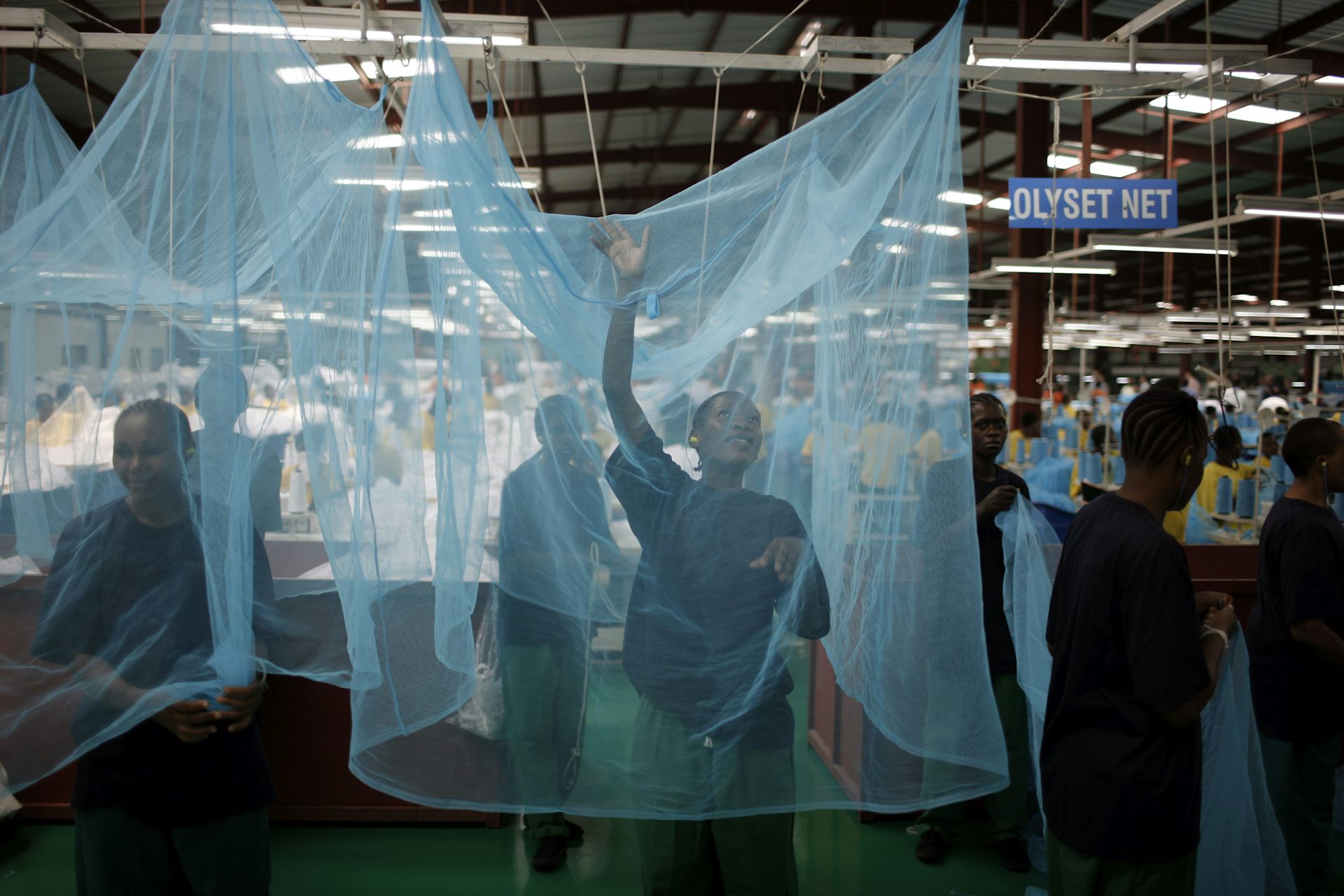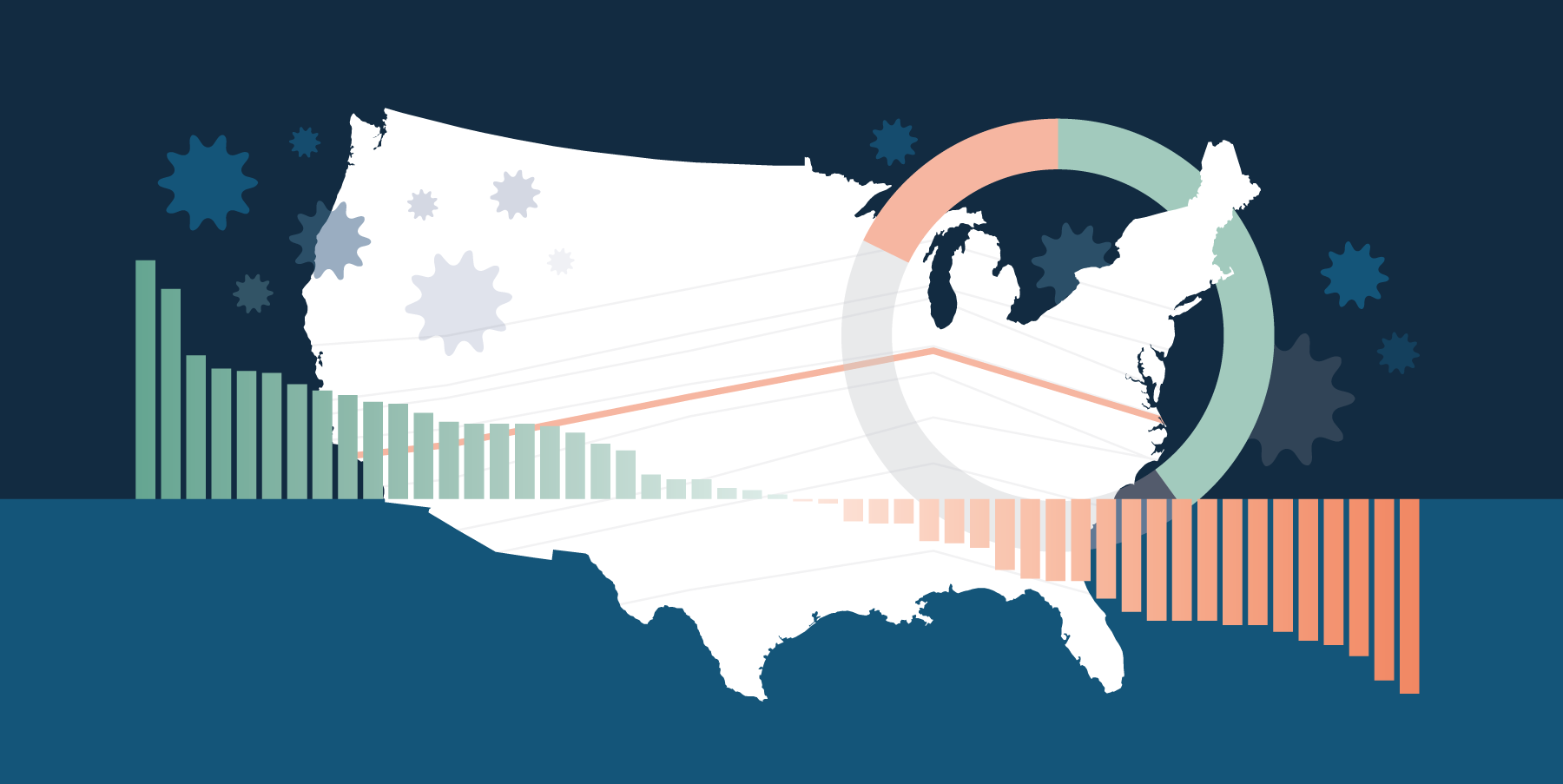A new study led by researchers from the University of Sydney has found young women’s engagement with social media plays a major role in shaping how they think – and act – in relation to their health. The research, published in the peer reviewed journal Health Marketing Quarterly, studied 30 women aged between 18 and 35...
Health
Impacts of YouTube on Loneliness and Mental Health
Frequent users of YouTube have higher levels of loneliness, anxiety, and depression according to researchers from the Australian Institute for Suicide Research and Prevention (AISRAP). Dr. Luke Balcombe and Emeritus Professor Diego De Leo from Griffith University’s School of Applied Psychology and AISRAP sought to understand both the positive and negative impacts of the world’s...
Academy Survey Shows Generation Z Adults Are Unfamiliar with Sunburn and Tanning Risks
A recent American Academy of Dermatology survey of more than 1,000 U.S. adults revealed that many Generation Z adults, ages 18-25, are unaware of the risks associated with overexposure to the sun and believe tanning myths. In recognition of Skin Cancer Awareness Month this May, the AAD encourages everyone to practice safe sun to protect...
Older Drivers Drinking or Using Drugs Up to Four Times Likelier to Be at Fault During a Car Crash
Substance use among older drivers increases the probability of them being at-fault two to four times during a crash, a new study, analyzing nine years’ worth of US nationwide highway traffic data, shows. Although older drivers are less likely to report using substances, this research found that out of a sample of 87,060 drivers involved...
Fentanyl and the U.S. Opioid Epidemic
Opioid addiction and abuse in the United States has become a prolonged epidemic, endangering public health, economic output, and national security. Summary Since 2000, more than a million people in the United States have died of drug overdoses, the majority of which were due to opioids. Fentanyl and other synthetic opioids have been driving the crisis...
Hope Is on the Horizon for a Malaria-Free Africa
Sub-Saharan Africa is disproportionally affected by malaria. The region accounts for 95% of the world’s malaria cases. The disease kills an African child every 60 seconds. These figures are alarming. But malaria is preventable and treatable. The progress made between 2000 and 2015 is proof of what can be achieved. Support from global donors helped...
Better Social Drinkers Don’t Earn More
Social drinking after work is traditionally seen as an important way to build relationships in East Asia. There’s sometimes even a fear that missing out could leave you on the back foot when climbing the career ladder. However, a joint paper looking at the drinking habits and economic situation of working men in Japan, Taiwan...
Worldwide, Those with ‘Traditional’ Values Adhered More Strictly to Covid Precautions
Given the battles over COVID-19 rules and recommendations in the United States over the past three years, the findings of a new UCLA-led study may come as a bit of a shock: Globally, those who professed to hold traditional values tended to adhere more closely to coronavirus-prevention measures than those who considered themselves more liberal....
Impact of Coronavirus on States’ Fertility Rates Tracked with Economic, Social, and Political Divides
Experts have found that at the start of the COVID-19 outbreak in early 2020, Americans chose not to become pregnant as they grappled with stay-at-home restrictions, anxiety, and economic hardship. Now, a new study led by researchers at NYU Grossman School of Medicine shows that some states actually experienced steeper decreases in fertility than others....
U of I Study Gives a Thumbs Up to Carefully Formulated Vegan Diets for Dogs
In today’s pet food market, there are products to match nearly every lifestyle, value system, and price point pet owners demand, including vegan formulations. New University of Illinois research shows at least two human-grade, lightly cooked vegan diets provide adequate nutrition for dogs. “The trends of vegan foods and human grade foods are increasing for...

:max_bytes(150000):strip_icc():format(webp)/SHA0819WHEAL_05-4ca631d702e448ba8359e82f0e581b9c.jpg)








